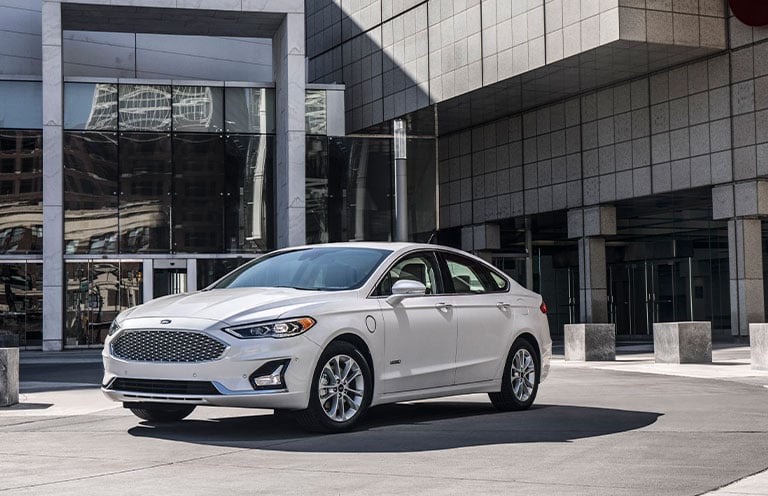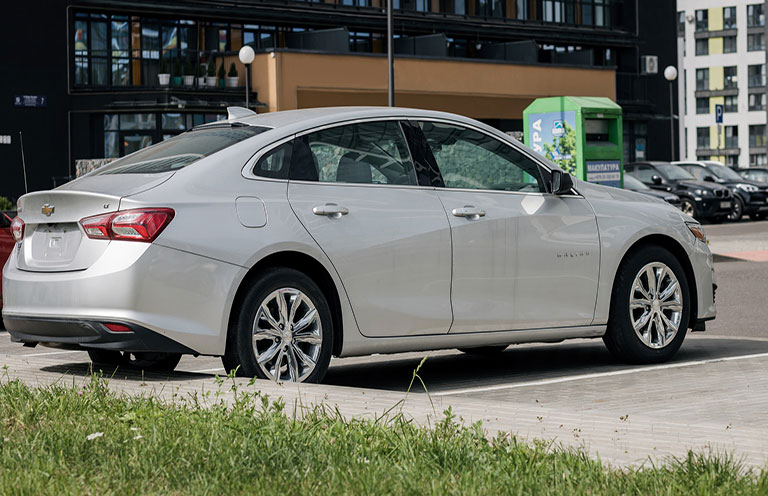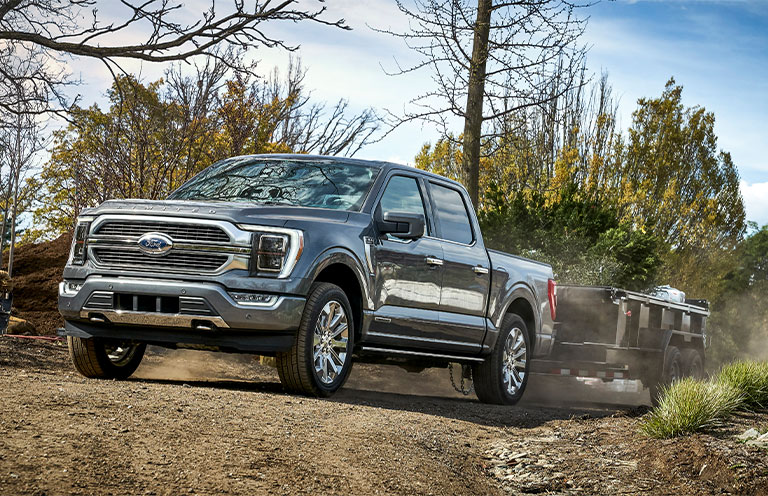The Cars That Get the Most Complaints—and Why It’s Only Part of the Story
A recent study reveals the car models Americans grumble about the most, but context matters. Here’s what to keep in mind when car shopping


When shopping for a new car, doing your homework pays off. This includes reading up on top makes and models to figure out which ones offer the best value for your money.
One of the biggest factors shoppers consider: vehicle reliability. Sure, vehicle safety and maintenance costs matter, too—but before you’re ready to commit, you want to feel confident that your car will start reliably and get you where you need to go every time you turn the key.
A recent study by experts at Tires Easy analyzed more than 600,000 vehicle complaints from the National Highway Traffic Safety Administration (NHTSA) to identify the most complained-about vehicle models in the US from 2015 to 2024.
Let’s take a closer look at what they found—and what it could mean for consumers currently in the market for a new vehicle.

Cars with the most complaints
Ford dominated the top 10 list of most complained-about vehicles. Even though Ford is one of the top-selling brands for American drivers, its models occupied seven of the top 10 spots in the study. In fact, the Hyundai Sonata and Honda CR-V were the only foreign vehicle models that registered in the top 10 at all.
| Make & Model | # of Complaints |
|---|---|
| Ford Fusion | 16,335 |
| Ford F-150 | 15,378 |
| Ford Escape | 14,940 |
| Jeep Grand Cherokee | 12,248 |
| Ford Explorer | 11,037 |
| Hyundai Sonata | 10,170 |
| Honda CR-V | 10,016 |
| Ford Edge | 9,871 |
| Chevy Malibu | 9,273 |
Methodology: Data from NHTSA spreadsheets regarding the years 2015-2024 were analyzed. Duplicate complaints were removed using the NHTSA’s internal reference number. Complaints were then counted with specific figures, established vehicle models and makes, and the states and towns from which they were made.

Automakers with the most complaints
Looking at total complaints registered per automaker, Ford also tops the list, with 110,011 complaints for 17.6 percent of the total filed complaints to the NHTSA between 2015 and 2024. In second is Chevrolet with 61,307 complaints at 9.8 percent of total, and third is Toyota with 41,465 complaints making up 6.6 percent of total.
Other foreign automakers in the top 10 most complained-about car makers include Honda, Nissan, Hyundai, and Kia.
While this information offers some helpful insight into overall reliability, it’s worth keeping in mind that the complaint database has its limitations—so it shouldn’t be the only factor shaping our perception of a vehicle.

What this study doesn’t address
There’s a long-standing perception that American-made vehicles are more prone to quality issues—things such as inconsistent fit and finish. While those beliefs are often based on personal experience or reputation, they’re rarely presented in clear data-driven terms the way they are in this study. Still, before we jump to conclusions about US manufacturers, it’s worth considering a few things the Tires Easy study doesn’t account for.
Vehicle sales volume
It’s true that eight of the top 10 most complained-about vehicle models come from American manufacturers. However, these automakers also dominate US sales. It stands to reason that companies selling more vehicles would also receive more complaints simply due to volume. So, using raw complaint numbers alone to gauge vehicle reliability can be misleading.
Limitations of NHTSA data
The study relies on complaints filed with the NHTSA, but that data isn’t without flaws. A 2023 report from the US Department of Transportation highlighted concerns with how the agency collects and maintains information. Among its findings: NHTSA “does not consistently document information used for investigating and identifying potential defects and unsafe motor vehicles or motor vehicle equipment” in its records. This raises the possibility that the database includes duplicate entries, inaccuracies, or unrelated issues—potentially skewing the results.

Severity of complaints
One major limitation of the NHTSA’s complaint database is that it fails to differentiate between severity of reported issues. A minor inconvenience—such as a faulty infotainment system—is counted the same as a serious safety concern, such as brake failure. This lack of nuance can give a skewed impression of a vehicle’s overall reliability and safety, potentially painting manufacturers in an unfair light.
Model years
The study weighs all model years equally, which doesn’t reflect the ongoing efforts manufacturers make to improve vehicle quality from year to year. Automakers often redesign and refresh popular models, and those changes can significantly impact reliability and performance from year to year. By combining complaint data across nine model years, the study fails to accurately account for performance and reliability improvements.
. . . . .
While the number of complaints tied to specific vehicle makes and models is worth considering when shopping for your next car or truck, no savvy buyer should rely on those metrics alone. Take the time to research the vehicles you’re considering; read in-depth reviews on vehicle reliability, safety, and maintenance costs; and prioritize models that perform well in the areas that matter most to your lifestyle and safety needs.
